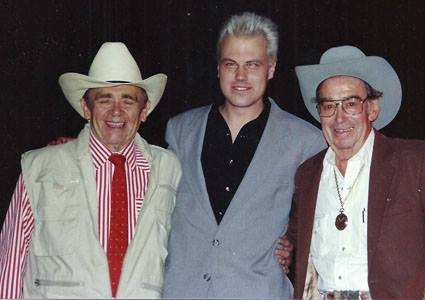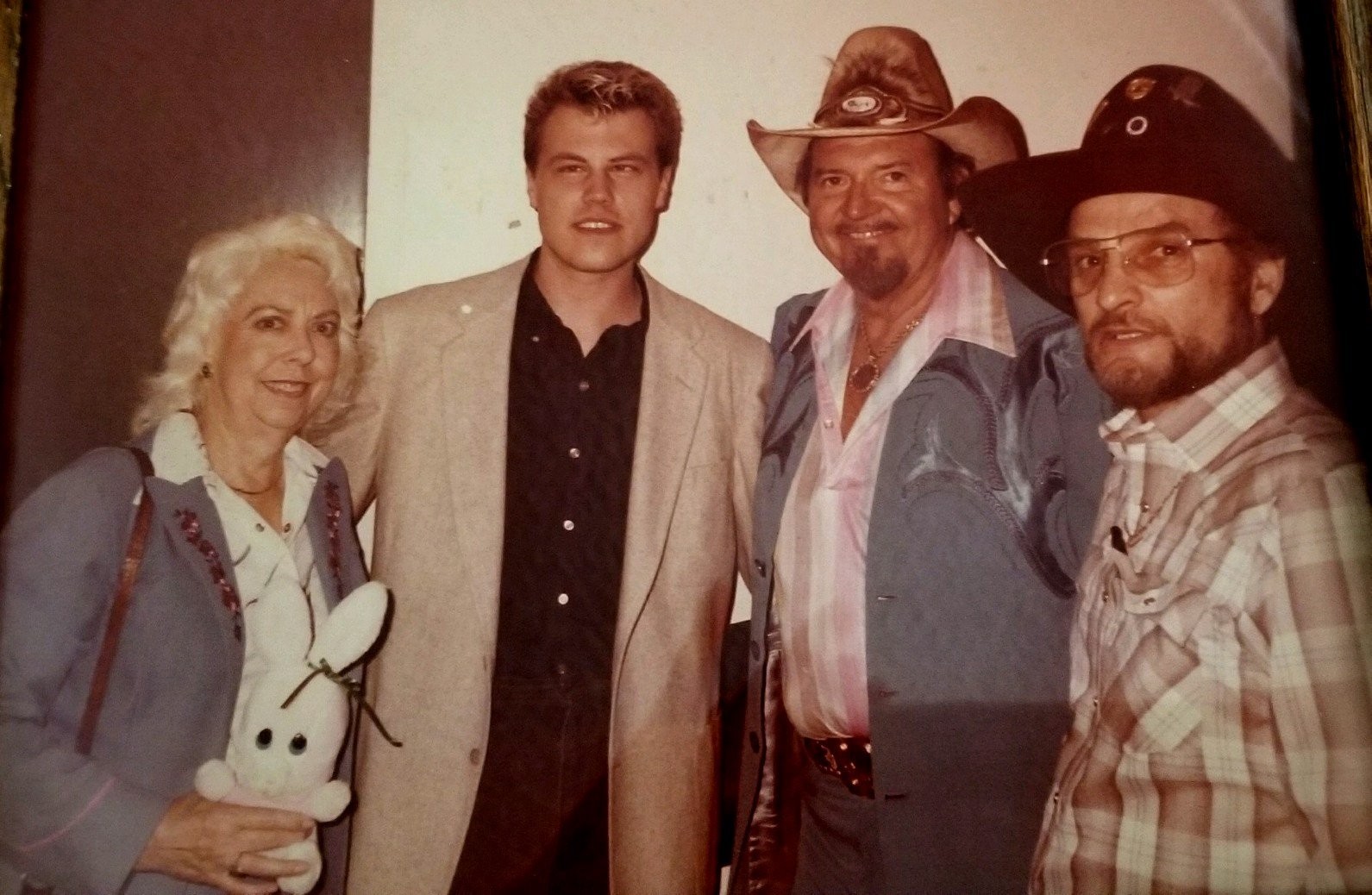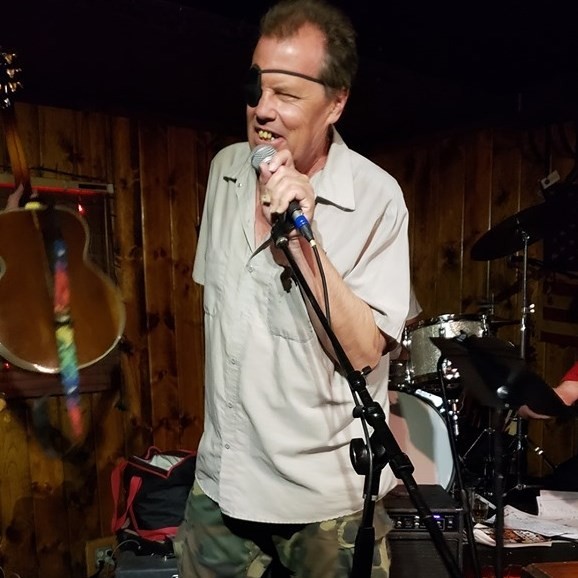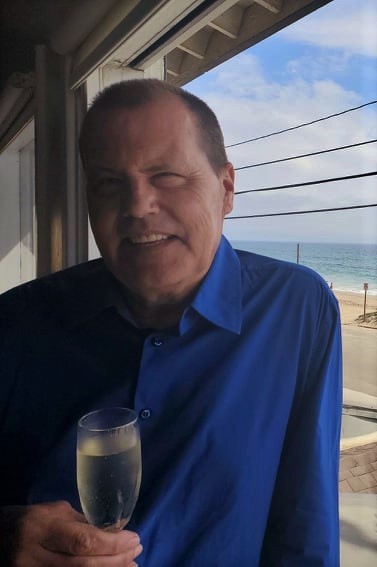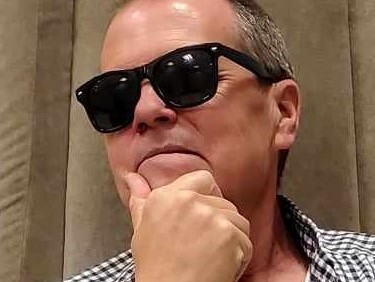

Today we’d like to introduce you to Jonny Whiteside.
Hi Jonny, it’s an honor to have you on the platform. Thanks for taking the time to share your story with us – to start maybe you can share some of your backstory with our readers?
I’ve been extremely fortunate to work as a music journalist. After a fanzine in my hometown San Francisco, I gained enough notoriety to relocate to Hollywood in 1986 and start writing for LA Weekly–my earliest feature subjects there were the legendary rock & roll witch doctor Screamin’ Jay Hawkins and psychedelic rockabilly provocateurs the Cramps, followed by stories on the full spectrum of Los Angeles musical talent, from Anita O’Day and Frankie Laine to Big Jay McNeely and Hadda Brooks. It was a blast.
Can you talk to us a bit about the challenges and lessons you’ve learned along the way. Looking back would you say it’s been easy or smooth in retrospect?
It was smooth sailing all the way until the internet sounded the death knell for print. Things have been quite challenging for the last few decades, but I’m very happy to now have my substack (https://jonnywhiteside.substack.com), a wide-open platform where I can do exactly—and exclusively—what I want to do.
Thanks – so what else should our readers know about your work and what you’re currently focused on?
I’m most proud of my two books, Cry: the Johnnie Ray Story and Ramblin’ Rose, the Life & Career of Rose Maddox, biographies which spotlight two critically influential and overlooked artists, the former an unconventional 1950s pop powerhouse who served as the missing link between Sinatra and Elvis and the latter a glass-ceiling shattering musical trailblazer who set an entire standard for female country singers. My professional calling card has always been highlighting and enhancing the careers of significant, often outlaw or rebel-type performers, like providing the earliest West Coast coverage of jazz genius Jimmy Scott, prior to his phenomenal comeback. I scooped everybody by obtaining Billy Joe Shaver’s first public account of the infamous 2007 barroom shooting that had him facing aggravated assault charges, published the undeniably true assertion by Little Darlin’ head Aubrey Mayhew that King of Country Music George Jones did indeed actually “learn how to sing from Johnny Paycheck” (a fact that rocked Nashville, who had to acknowledge it was true).
I also did an extensive nword cover story on punk rock’s only convicted killer, Sam McBride after his release from prison and re-launch of the band Fang and an in-depth cover story on Merle Haggard, which directly resulted—within weeks—in a recording contract for the at-the-time label-less singer—with indie-punk imprint Epitaph, no less! There are very few of my peers who’ve made this sort of impact.
In terms of your work and the industry, what are some of the changes you are expecting to see over the next five to ten years?
Journalism has degenerated into a moribund, perverse, and self-parodic state that is both frightening and pathetic. The complete lack of standards and ethics, utter disregard for accuracy and institutional memory, and the rise of the post-blog blowhard first-person singular style is the complete opposite of what this field once upheld and thrived on. It’s increasingly the domain of egoistic, ignorant amateurs who are so self-obsessed that they are able only to produce work informed not by their own analytical perspective but is almost exclusively driven by their corporate parent’s commercial interest and marketplace agenda. It’s uniformly dull and only gets worse, but that leaves a cozy niche for an old-school stink-stirrer such as yours truly.
Contact Info:
- Website: https://jonnywhiteside.substack.com
- Instagram: https://www.instagram.com/jonathanwhiteside464/
- Facebook: https://www.facebook.com/jonny.whiteside1/
- Twitter: https://twitter.com/JonnyWhiteside3
- Other: https://jonnywhiteside.contently.com/
